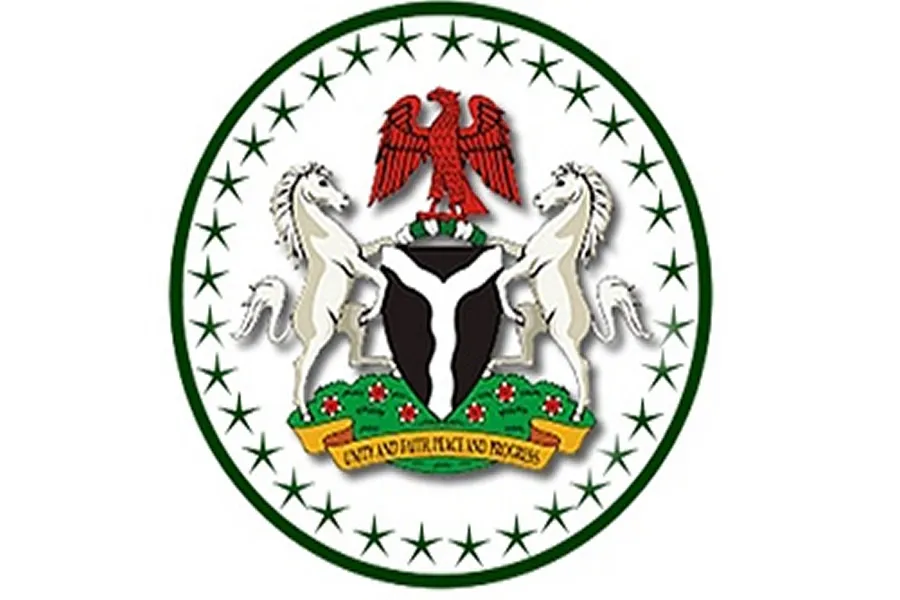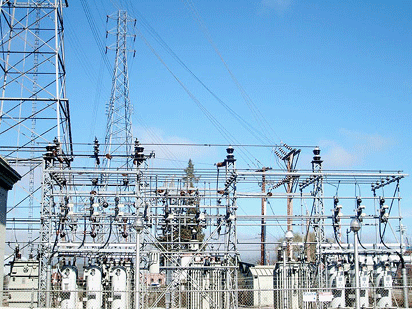In a bid to ensure a stable power supply across the nation, the Federal Government has reaffirmed its commitment to collaborating with state governments and facilitating increased participation in the electricity market. This commitment was reiterated by Vice President Kashim Shettima during the commencement of a two-day National Assembly Power Sector Stakeholders Interactive Dialogue in Abuja.
Vice President Shettima emphasized the necessity of establishing open channels of communication to effectively plan the transition towards greater state involvement in the electricity market. He highlighted the importance of leveraging accumulated knowledge from past experiences and maintaining a focus on the ultimate goal of providing reliable power to Nigerian homes and businesses.
Representing the Vice President at the dialogue, Special Adviser on Power Infrastructure, Engr. Sadiq Wanka, stressed the need for the new structure to prioritize creating an enabling environment at both the state and wholesale market levels. He emphasized the role of the private sector in driving progress across the value chain, while underscoring the responsibility of federal and state governments to ensure equity and environmental considerations.
Speaker of the House of Representatives, Tajudeen Abbas, echoed the call for learning from successful international models and implementing best practices. He pledged to sponsor a bill aimed at establishing administrative procedures for proper consultation and legislative review in tariff setting for Nigeria’s electricity and other public services.
Senator Enyinaya Abaribe, Chairman of the Senate Committee on Power, expressed concern over the persistent challenges in the power sector despite past government investments and privatization efforts. Similarly, his counterpart in the House of Representatives emphasized the workshop’s role in seeking innovative solutions to these challenges.
Earlier remarks from Minister of Power, Adebayo Adelabu, identified inadequate financing and insufficient gas supply as key factors contributing to the energy deficit nationwide. Stakeholders at the event echoed these concerns, highlighting the impact of erratic power supply on the economy and the departure of private investors due to the unfavorable business environment.
The interactive dialogue serves as a platform for stakeholders to address critical issues facing the power sector and explore collaborative strategies for sustainable improvement.




